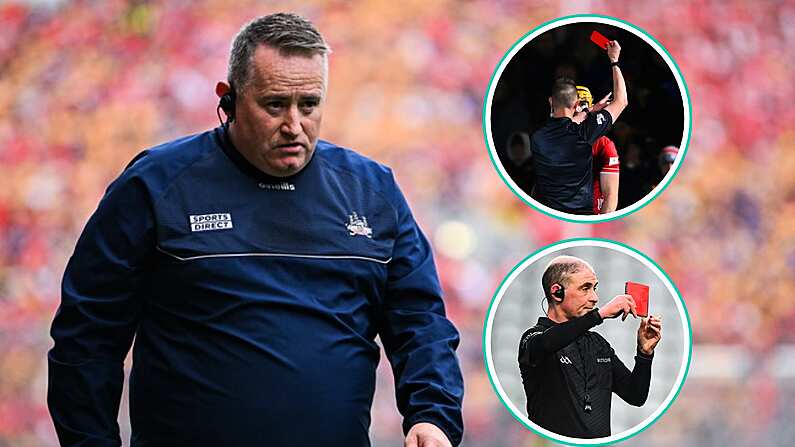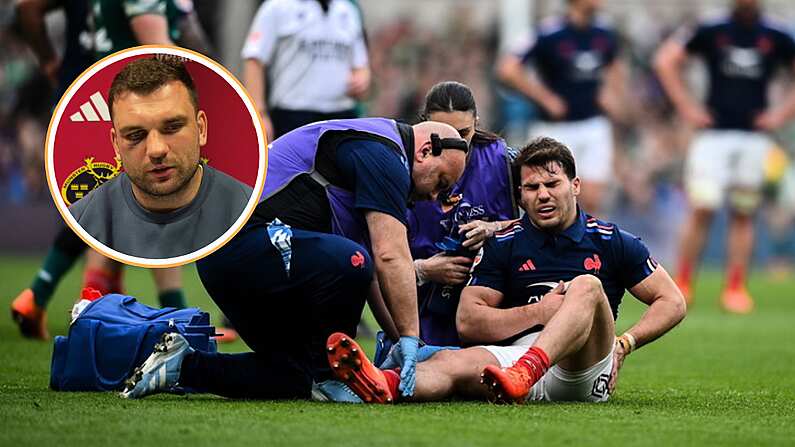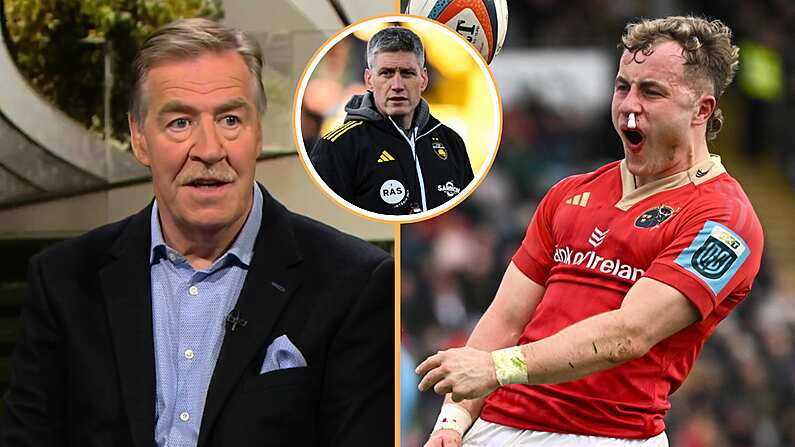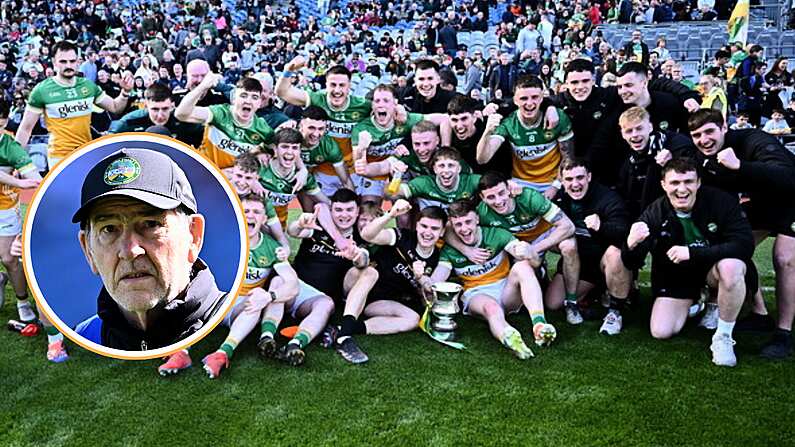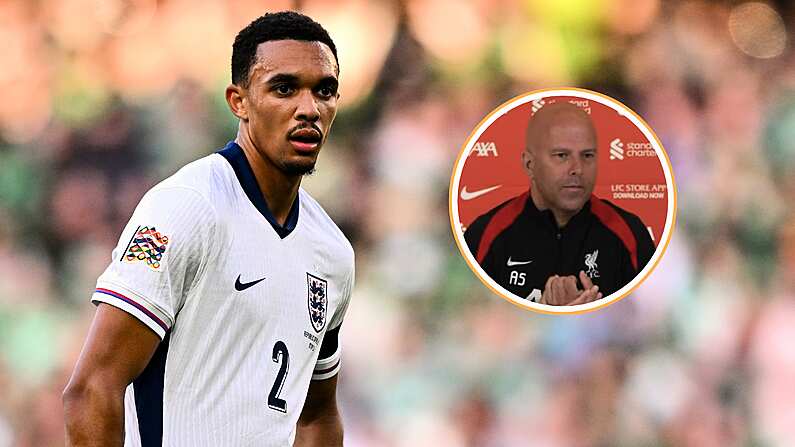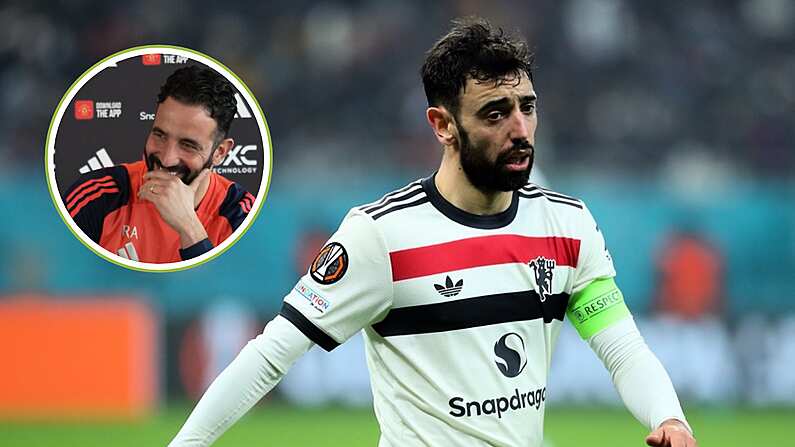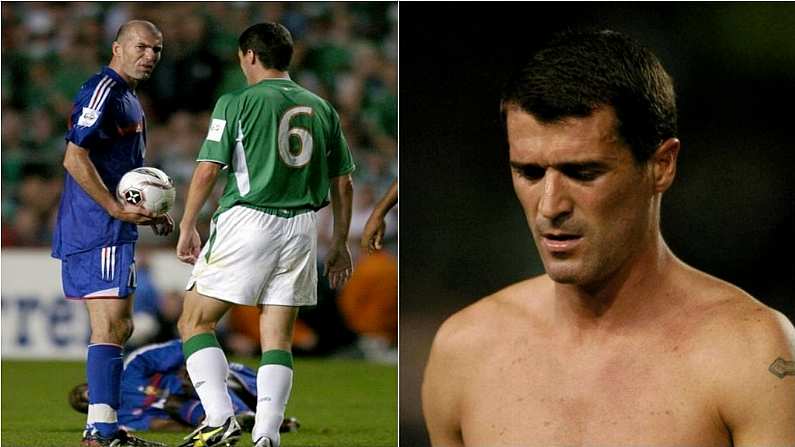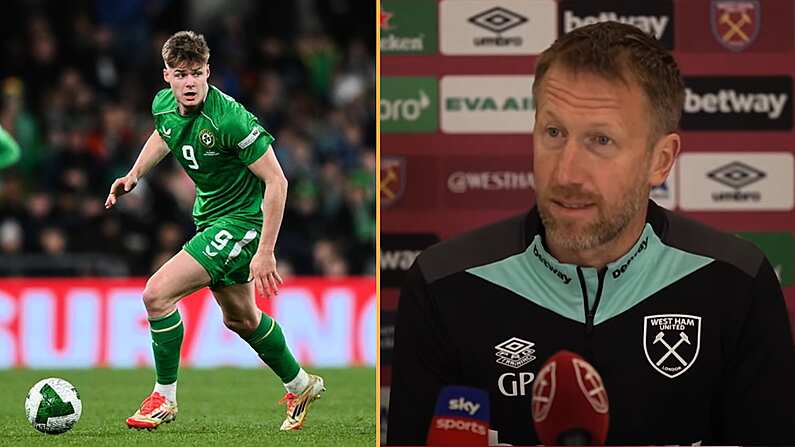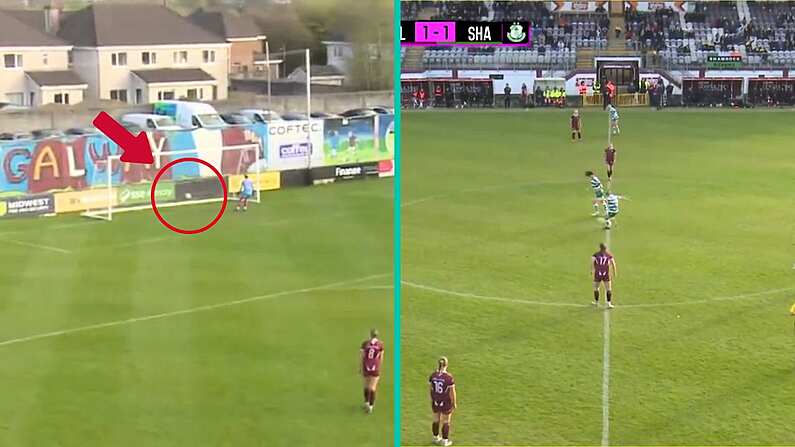Earlier today, Eurosport published an opinion piece entitled 'Why it would be a mistake to give Stephanie Roche the FIFA Puskas Award'.
Now, before we start, let's just say that this is not going to be a flying off the handle, "you're just a sexist" kind of response to Liam Happe's article. Instead, we're going to make an earnest attempt to address his opinions rather than hyperbolising them to ridiculous proportions which, it must be said, would be much easier to do.
Happe's article which appeared on the site's The Hairdryer blog, states from the outset that Roche's goal deserves to be in the final three on merit. However, from there, the writer outlines his reasons why it doesn't deserve to win and then goes on to castigate those of us who have been outwardly championing it, something which apparently "threatens to undermine an entire gender and the countless issues they’ve encountered in the world of sport".
From an Irish point of view, we should probably admit that there is a certain degree of hometown favouritism at play. Yes, it is technically the best goal, but if Stephanie wasn't Irish we wouldn't be going to such lengths just to ensure the best goal wins. And obviously, that's to be expected. There's no doubt the Colombians are doing the same for James.
However, Happe's problem is that it's not just us that are going out of our way to vote for Stephanie. Instead, he says there's 'positive discrimination' at play in the fact that a Roche victory is considered a serious possibility on Monday evening.
Much of the rationale behind the piece surrounds the fact that the women's game is (regrettably for Happe) not at the level of men's football. As such, quality of opposition and competition counts:
Does it sound like I’m being biased towards the two goals which came on the biggest stage? Fair enough. But here is the official criteria FIFA asks its voters to consider:
- It should be a beautiful goal (subjective — the spread of goals should include long-range shots, team goals, overhead kicks, individual plays, etc.).
- The importance of the match should be taken into account (objective — limited to "A" international teams, confederation championships and national top-division club matches: the more important the goal, the better).
- The goal should not be the result of luck, mistakes or a deflection by a teammate or the other team.
- The goal should support fair play, i.e. the player should not have behaved badly in the game or have been charged with doping, for example.
The importance of a goal DOES matter, full stop. I'm sure dozens of amazing goals have been scored in Sunday League games. It's easier to do it then than at a World Cup.
The problem is, the only place we can find those criteria listed (word for word) is on Wikipedia (if someone else can find them elsewhere, we're happy to be corrected). FIFA's official documentation, which can be found here, actually states the following:
The Award rewards the best goal scored between the dates of 3 October 2013 and 26 September 2014 (inclusively), without distinction of championship, gender or nationality.
"Without distinction of championship, gender or nationality" seems to suggest that the importance of the goal doesn't matter. And it shouldn't. As long as it's a FIFA sanctioned event, how can you possibly account for a distinction between the World Cup and the Bus Eireann National League?
(*Edit* As per Mike below there is FIFA documentation backing up the Wikipedia entry but it is for the 2009/10 season so it's safe to assume the criteria has since been changed)
Happe's point is that "acts of over-compensation such as this do more harm to the cause than good". Instead, he says it would be much better for everyone that has voted to actually attend women's sport and grow it to a level equal to men's. Yet how can you expect that to happen if you denigrate it during level playing field competitions like this?
Women's sport, for the most part, is under-appreciated, under-funded and under-attended but when an opportunity like this comes along, it is not 'progressive' to castigate those that are, according to Happe, merely making a 'hollow gesture, motivated by short-term fulfilment'.
If you try and silence the bandwagoners (which many of us could probably be accused of) at times of triumph in the women's game, how can you expect it to be raised to the level of the men's in the long run? Support for the women's game is slowly improving and Roche's contribution is helping that along.
The Puskas Award, in the grand scheme of things, is not the pinnacle of football achievement. However, when someone like Roche comes along and does such an admirable job of shouldering the PR side of things, it does serve to help the women's game. It's not the gigantic leap that Happe wants but nonetheless it could be a significant step and to try and convince others to take that away from Roche is seriously misguided.
Thanks to @DougalCMK for pointing us in the direction of the article.


